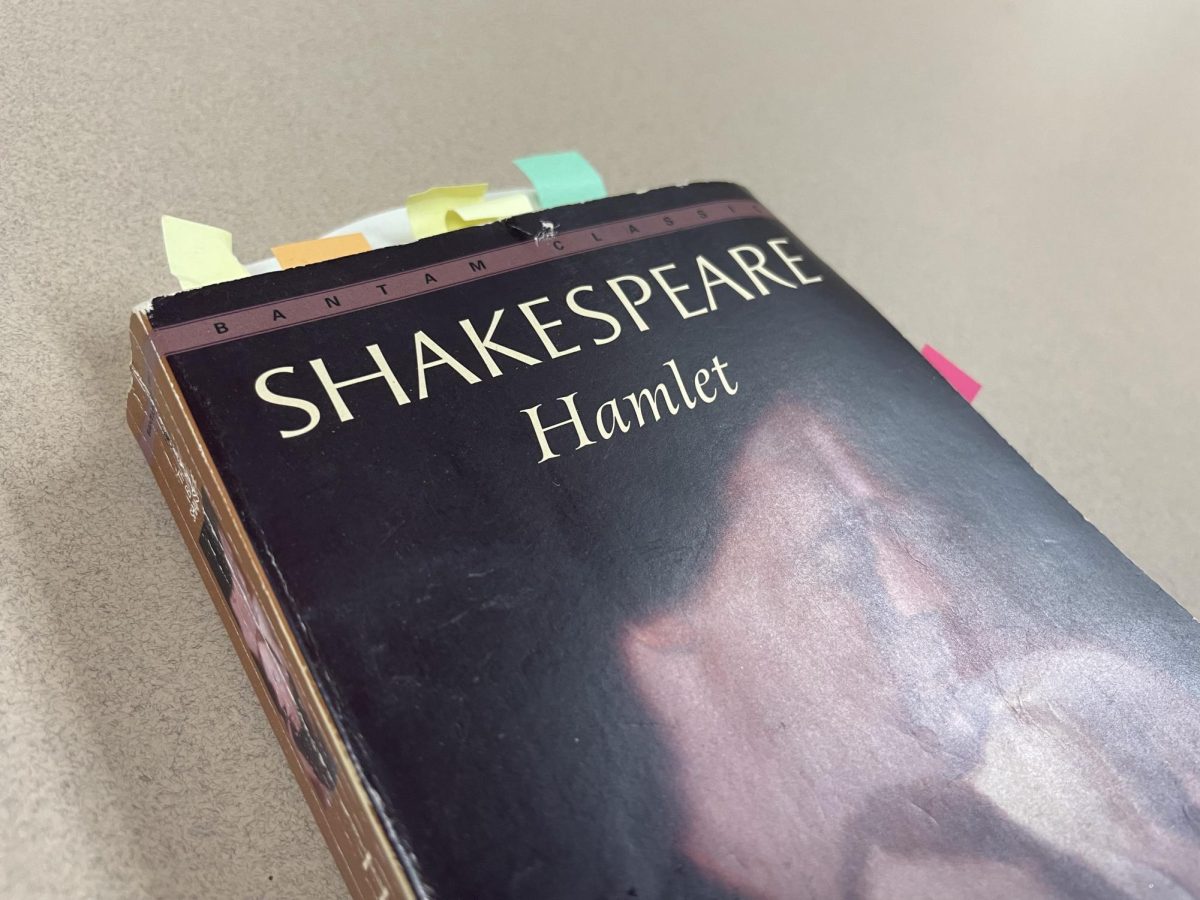Languages evolve over time, and one of the main ways that it does so is through slang. Slang has existed for centuries, as proven by books such as “Vocabulum; or, The rogue’s Lexicon. Comp. From the Most Authentic Sources” by George Washington Matself, published in 1859, or the works of Shakespeare and the words he made up. It not only helps to progress the language, but it also allows different generations to separate themselves from the older generations.
Slang, while it is generally used by younger generations, can be very helpful in communication and expression.
“In my teaching, I try to use slang as an example of how to better understand something,” Baraa Rashid, English teacher, said.
Rashid uses slang as a tool in teaching in order to better connect with students.
“It helps express how your are feeling,” Kevin Baldares, sophmore English II student, said.
As each generation builds on slang, the language changes to allow new words and forget old ones. According to and article on NBC affiliate KCRA.com, this has been happening at a much faster pace.
“I think it shifts quicker because of the way you can share it faster and further, so I always think if it can go further it’s impactful, but because it’s so fast moving it can also fade quicker,” Karin Walker, English teacher, said.
While that fast pace of slang is new, the way it impacts the language is very old. Shakespeare, for example, made up over 1.700 words in his plays that could be considered slang of the time. Many of the words he made up are still widely used today, such as eyeball, downstairs, and swagger.
“I feel like he [Shakespeare] wasn’t as formal as we see him now,” Keira O’Shaughnessy, junior AP Lang student, said.
Shakespeare’s plays were, contrary to popular belief, incredibly informal. People booed and threw things when they didn’t like what they saw, as explained by Austin Tichenor in his article on Folger.edu.
“Theatre wasn’t considered to be a high register, high level pastime,” Walker said.
Similar to how people took words from Shakespeare’s plays and began using them, people take phrases from movies today. Many people have used phrases such as “An offer he can’t refuse” from “The Godfather,” or “I don’t think we’re in Kansas anymore” from “The Wizard of Oz.”
Slang has been used in the same way for many centuries, and perhaps will continue to be used like this. Songs from current culture, for example, may not be seen as formal poetry now, full of slang and meant for big stages, but that could change.
“With Taylor Swift, we don’t see her as a poet now, but maybe in the future people will see her that way,” O’Shaughnessy said.
People in future generations may see many current movies and artists to be more formal evolutions of English language, when in reality they just helped progress slang. Languages change more and more, and they will not be stopping soon.
Categories:
Slang moves English language forward
Lee Hoffee, Editor-in-Chief
September 19, 2025
0
More to Discover
About the Contributor

Lee Hoffee, Editor-in-Chief
EDITOR-IN-CHIEF!!!
I am very excited about this year, also on a bit of a power trip, seriously looking forward to college.




